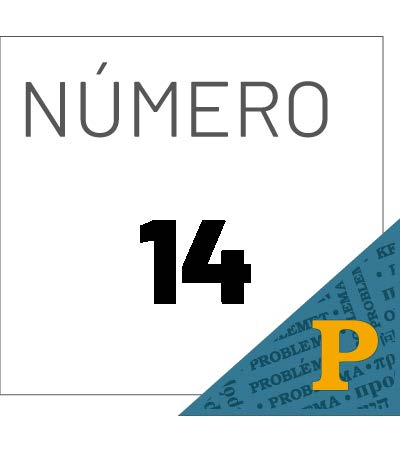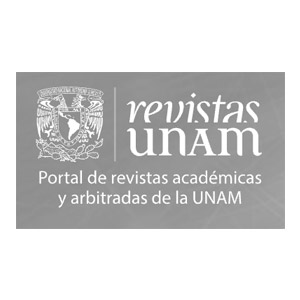Sobre el derecho a mentir. Verdad y posverdad en la comunicación y la construcción de ciudadanía
Por un lado, el supuesto de todo sistema moral y jurídico es que el hombre desea su bien, y que la verdad es un bien deseado por sí mismo. Por otro lado, es sabido que la mentira política juega un papel importante (e indispensable) en el ejercicio del poder y en la consecución del bien común, y que por ello muchos filósofos la han recomendado y justificado (hoy y en el pasado). Ante esta paradoja vale preguntar cómo se construye la ciudadanía (toma de decisiones y participación social) a partir de la información falsa y cómo se construyen valores ciudadanos sobre la base del derecho a mentir de los gobernantes, porque es esencial para cualquier democracia la calidad de la información y la consecuente participación social de los ciudadanos. Primeramente, se expondrá la justificación de la mentira en tres grandes pensadores de la filosofía occidental (Platón, Maquiavelo y Weber); después, se desarrollará la interpretación marxiana al respecto, y, por último, se dilucidará la manera como hoy día afecta la mentira (y el derecho a mentir) a la comunicación y construcción de valores ciudadanos.
Detalles del artículo
Uso de licencias Creative Commons (CC)
Todos los textos publicados por Problema. Anuario de Filosofía y Teoría del Derecho sin excepción, se distribuyen amparados con la licencia CC BY-NC 4.0 Internacional, que permite a terceros utilizar lo publicado, siempre que mencionen la autoría del trabajo y la primera publicación en esta revista. No se permite utilizar el material con fines comerciales.
Derechos de autoras o autores
De acuerdo con la legislación vigente de derechos de autor Problema. Anuario de Filosofía y Teoría del Derecho reconoce y respeta el derecho moral de las autoras o autores, así como la titularidad del derecho patrimonial, el cual será transferido —de forma no exclusiva— a Problema para permitir su difusión legal en acceso abierto.
Autoras o autores pueden realizar otros acuerdos contractuales independientes y adicionales para la distribución no exclusiva de la versión del artículo publicado en Problema. Anuario de Filosofía y Teoría del Derecho (por ejemplo, incluirlo en un repositorio institucional o darlo a conocer en otros medios en papel o electrónicos), siempre que se indique clara y explícitamente que el trabajo se publicó por primera vez en Problema.
Para todo lo anterior, deben remitir la carta de transmisión de derechos patrimoniales de la primera publicación, debidamente requisitada y firmada por las autoras o autores. Este formato debe ser remitido en PDF a través de la plataforma OJS.
Derechos de lectoras o lectores
Con base en los principios de acceso abierto las lectoras o lectores de la revista tienen derecho a la libre lectura, impresión y distribución de los contenidos de Problema por cualquier medio, de manera inmediata a la publicación en línea de los contenidos. El único requisito para esto es que siempre se indique clara y explícitamente que el trabajo se publicó por primera vez en Problema. Anuario de Filosofía y Teoría del Derecho y se cite de manera correcta la fuente incluyendo el DOI correspondiente.
























